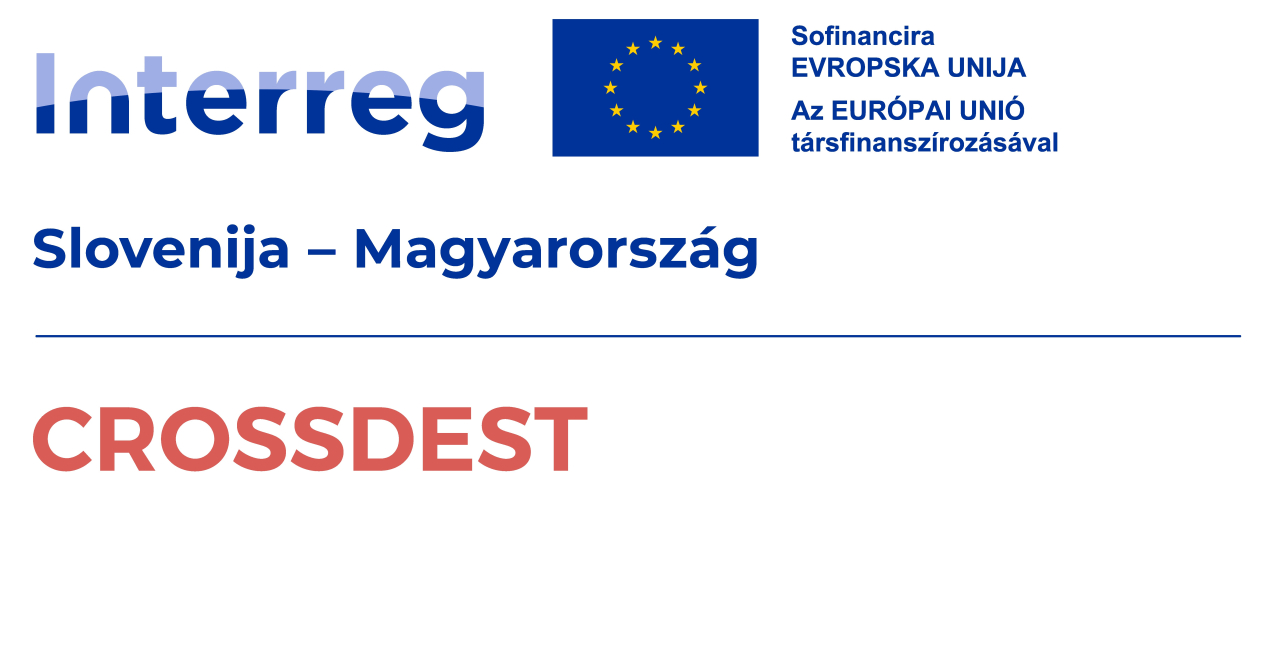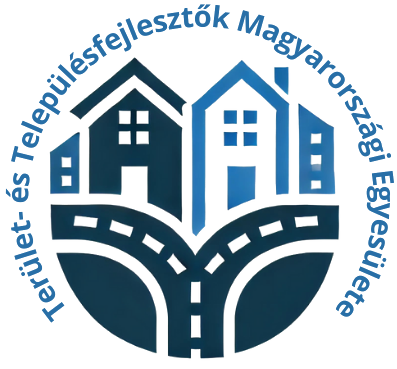Csíkborzsova
Csíkborzsova (in Romanian, Bârzava) is a small Székely village in Harghita County, known for preserving its traditions. Administratively, it belongs to the commune of Csíkszépvíz. It is situated in the valley of the Szépvíz stream, on the eastern slopes of the Harghita Mountains, in a picturesque hilly landscape. The village's name was first mentioned in written records in 1496, in the form "Borzova." The population is predominantly Hungarian-speaking and Roman Catholic. The village's character is defined by its traditional Székely village structure, long plots, wooden-roofed homesteads, and carved gates. The Roman Catholic church in the centre serves as a key place for the local community's spiritual life. Historically, the residents made their living through farming, animal husbandry, and forestry, but nowadays, more and more people are turning to rural tourism. From a tourism perspective, Csíkborzsova is particularly appealing to those seeking peace, proximity to nature, fresh air, and the authentic forms of Székely village life. The surrounding forests, stream valleys, and meadows offer excellent opportunities for hiking, nature walks, and mushroom picking. Nearby attractions such as the Gyimes region, Csíksomlyó, and the Szépvíz Reservoir are easily accessible, making the village a great starting point for exploring the region. Although its tourism infrastructure is modest, a few guesthouses and chalets are available in and around the village, offering a cosy and homely atmosphere for relaxation. Thanks to the locals' hospitality, the closeness to nature, and the traditional way of life, Csíkborzsova is a worthy destination for those who appreciate slow and mindful travel. - editorial content -
Getting there
- Walk
- Horseback
- Bike
- Electric bicycle
- Bus (rented for the trip)
- Railway
- Motorcycle
- Car
- Electric car
Arrival
- Walk
- Horseback
- Bike
- Electric bicycle
- Bus (rented for the trip)
- Car
- Motorcycle
Public transport
- bus
- railway
Parking information
- Free outdoor parking available
Sustainability level
Topic 1: Destination Management 52%
- Visitor management: 60%
- Commitment and organization: 0%
- Design & development: 50%
- Monitoring and reporting: 50%
- Legal and ethical compliance: 100%
Topic 2: Nature and landscape 80%
- Nature and wildlife protection: 100%
- Nature and conservation: 60%
Topic 3: Environment and climate 43%
- Land use and pollution: 67%
- Water management: 40%
- Energy, sustainable mobility and climate change: 0%
- Adaptation to climate change: 50%
- Waste and recycling: 60%
Topic 4: Culture and traditions 88%
- Cultural heritage: 100%
- People and traditions: 75%
Topic 5: Social Welfare 34%
- Health and safety: 100%
- Local economy: 0%
- Socio-economic impacts: 0%
- Community participation: 0%
- Human dignity: 71%
Topic 6: Business and Communication 50%
- Business participation: 0%
- Information and marketing: 100%




